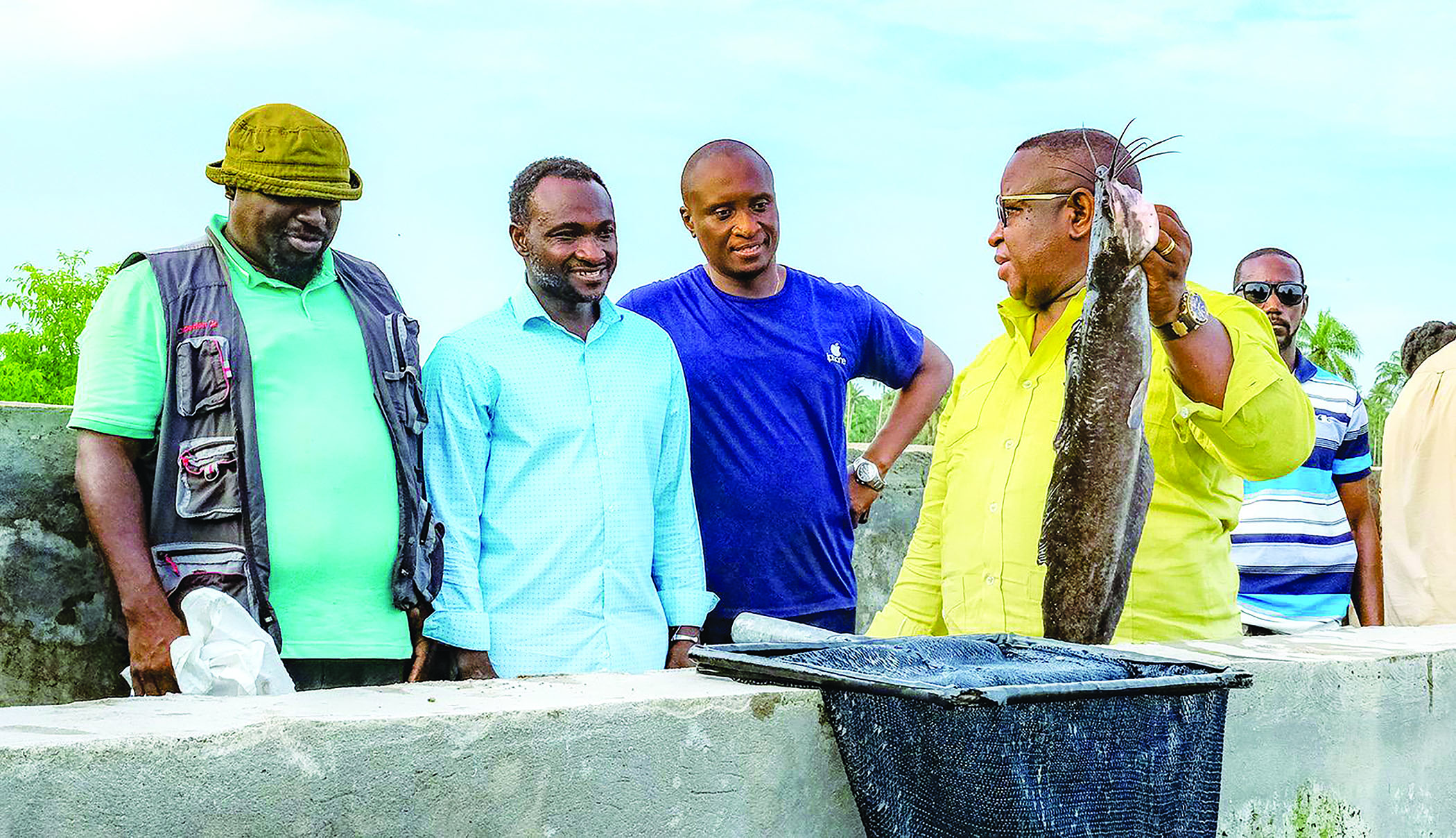In January 2024 when President Julius Maada Bio inaugurated Sierra Leone’s new Medium-term National Development Plan (MTNDP) and prioritised Feed Salone as the flagship programme, he made it clear that it was meant to address food insecurity and achieve food self-sufficiency.
He believes that food security, intertwined with investment in agriculture, will not only lead to increased food production but “fuel job creation, propel economic growth, and alleviate the weight of poverty.” President Bio, who is passionate about Feed Salone, is convinced that Sierra Leoneans shouldn’t have problems with food supply with a massive 65 percent of the population earning their livelihoods from agriculture and collectively contributing 57 percent to GDP. Besides, the country is endowed with approximately 5.4 million hectares of arable agricultural land, with only 15% under cultivation prior to the launch of Feed Salone. The country boasts fertile soils and its ample rainfall averages roughly 3,800mm per year, making it one of the most humid countries in Africa.
Piqued that the country spends approximately $500 million annually on the importation of foodstuffs which it could produce locally, government is determined to make Sierra Leone not only self-sufficient in food production, but also a net exporter to neighbouring States and less endowed countries of the world.
Since the launch of the Feed Salone programme, the Minister of Agriculture and Food Security, Dr. Henry Musa Kpaka has been implementing it in full swing. To ensure that the requisite fund for its implementation is in place, the government has pledged to mobilise significant investment of over NLe 37.6 billion over the next five years to deliver on the Feed Salone objectives. Additionally, government increased allocation to agriculture in the national budget for this fiscal year from 2% to 7%. This funding will primarily support the development of agro-ecological zones, alongside strategic investments in infrastructure critical for boosting local staple production, particularly rice.
Dr. Kpaka says the Ministry has been implementing innovative policies to boost local rice production and decrease imports. The first policy is to increase the participation of rice importers in local rice production through backward integration. According to the Minister, major rice importers such as Commodity Trading Company (CTC), which hitherto imports about 60% of rice consumed in the country, are now to engage in local rice value chain production and sales. The second policy aims to increase the share of locally produced rice in government purchases.
To fill critical capacity gaps, the Ministry has received approval from the Ministry of Finance to hire 700 field-level staff in 2024, and another 300 in 2025. This will enhance the operations of extension, monitoring data collection, engineering and livestock services and directly boost the implementation of Feed Salone in the field. Government has also developed an $800 million irrigation business project, covering up to 30,000 hectares of irrigated rice field in Tormabum.
Recently, the Bank of Sierra Leone launched a $10 million Agriculture Credit Facility (ACF) to encourage the private sector, including rice importers, poultry farmers and onion producers, to access funds and participate in the Feed Salone programme. Government has equally secured $18 million worth of projects for poultry and cassava processing.
Interestingly, Dr. Kpaka has been drawing on his extensive professional expertise garnered at the International Institute of Tropical Agriculture (IITA) and the World Bank to spearhead the ongoing transformation of the Sierra Leonean agriculture sector. He is quite optimistic about the positive outcomes of the Feed Salone programme. His optimism is borne out of the fact President Bio considers the programme as more than just a strategy but his government’s commitment to the entire agriculture sector and to the Sierra Leoneans.
The Minister is upbeat that Feed Salone has already started yielding the desired results. For instance, about one year ago, Sierra Leone faced an onion crisis. But with effective government incentives, local onions are now more available at almost half the price. The production of key staples such as rice, maize and cassava has increased substantially. Private sector players are increasingly participating in agriculture, responding to President Bio’s call for involvement.


